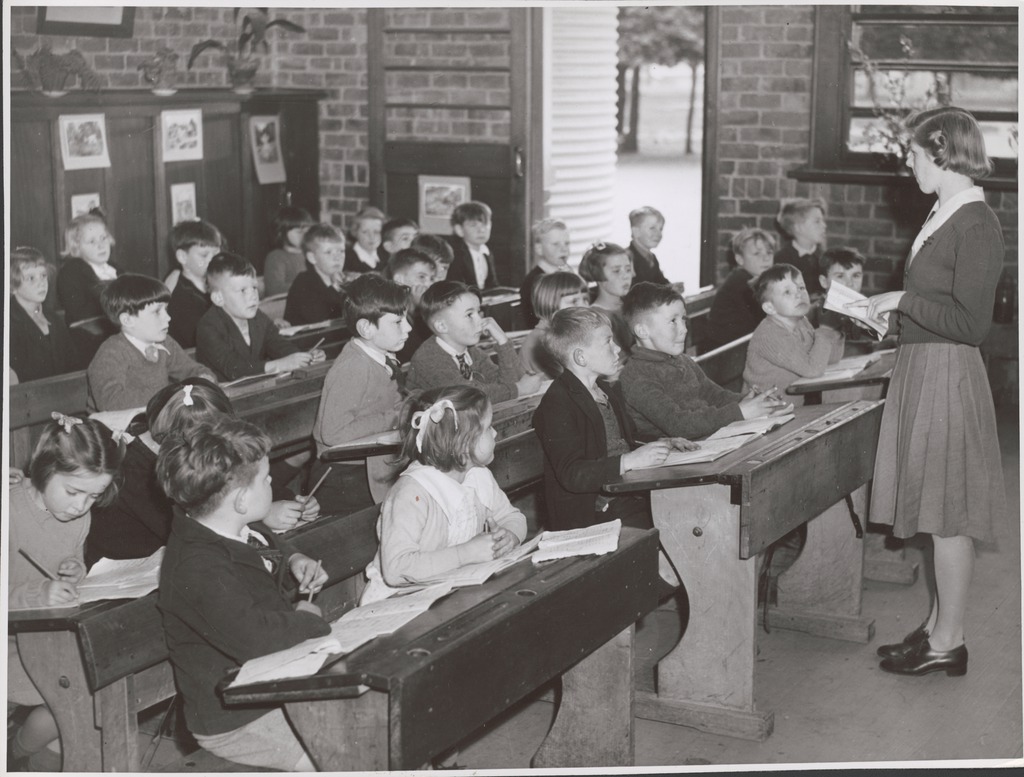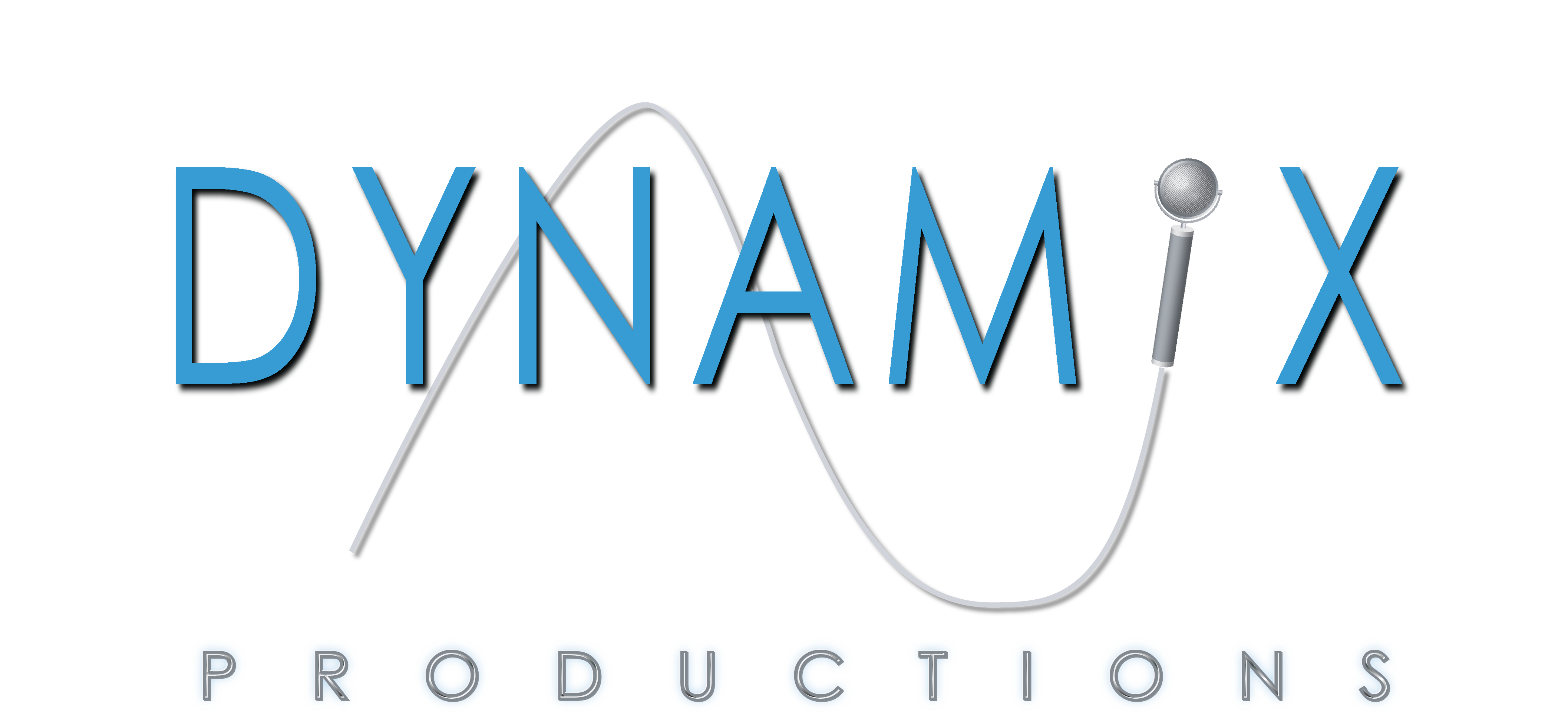

- © 2003 - 2025 Dynamix Productions, Inc. Contact Us 0



"Well, folks, now we've got free baseball!"
Baseball announcer Skip Caray whenever a game went into extra innings
We're so used to living in a litigious society that when someone says "free," it feels like strings are attached. I once had to revise the word "free" in a commercial to "at no cost" once the lawyers read the script. So it's been surprising to witness the recent trend of releasing free digital copies of archived photos, books, documents, artwork, historical artifacts, films, sounds, and music. Most of these are a century old, but some of it has more recent, even modern origins. The Smithsonian Institution opened up its digital archives with their Open Access site. Flickr has aggregated both modern and historical photos, artwork, and prints from the Library of Congress and many international museums in their Commons area. Google Books has been digitizing books and magazines for several years now as a way to search and read many out of print publications.
But now there are two exciting web sites for music lovers to explore that are...wait for it...free! The Library of Congress has been funding a project that is a mix of old and new. And when I say "mix," I mean DJ mix. Brian Foo is part of the LOC's Innovator-in-Residence program, which was created "to support innovative and creative uses of our collections that showcase how the Library relates to and enriches the work, life, and imagination of the American people." Brian Foo's contribution to our imagination is Citizen DJ, an interactive sampling and beats generator that uses sounds from the LOC's massive sound collection. It's still under development, but it is absolutely mind-boggling (and very addictive) to rake your mouse over a multi-color grid representing thousands of audio clips, select one, and then generate a remix and beat loop using sounds from a hundred years ago.
Sampling sound bites to make rhythmic music has been around a long time, but you've got to try this. You don't have to be a professional DJ to mix a clip of a scratchy opera singer and synthesized beats into an irresistible groove. You can modify it in endless ways: control audio levels, the tempo, the beat's rhythm and instruments, and the drum machine. Mix things up even more by randomizing the clips and beats. Feel like creating a hit? Start with the legendary Roland TR-808 drum machine, select "Gunga Din" clip from 1919, and you've got an infectious loop that Rudyard Kipling might even tap his foot to. You can even download the sounds to use in your own sampling software. This re-imagining of the way the world sounded in the past is a big step into the future.
The other web site you need to check out is a collection of more than 14,000 Grateful Dead concerts, all in one place. Dead Heads have been recording and distributing concert recordings almost since day one. The Dead have famously encouraged the recordings and free distribution of their work (and infamously went after those who tried to profit from them). These recordings are mostly fan-based, and you will find several different versions of the same concert. The quality and music mix varies widely, but there are some decent recordings in there that put you in the concert crowd. You can filter by date, location, type of recording, who made the recording, etc. It's phenomenally exhaustive and detailed. I wish all the big acts from this era had this type of concert coverage. Many, like the Dead, thrived on the live stage. The Grateful Dead members would say that their studio recordings were merely sterile snapshots of the music and lacked the creativity and energy of a band that plays live.
So here's a tip of the hat to those who are keeping recorded history alive by distributing all this mostly forgotten material. I'm thankful that we have so much sonic history to explore with a mouse. And most of all, I'm grateful that it's free.